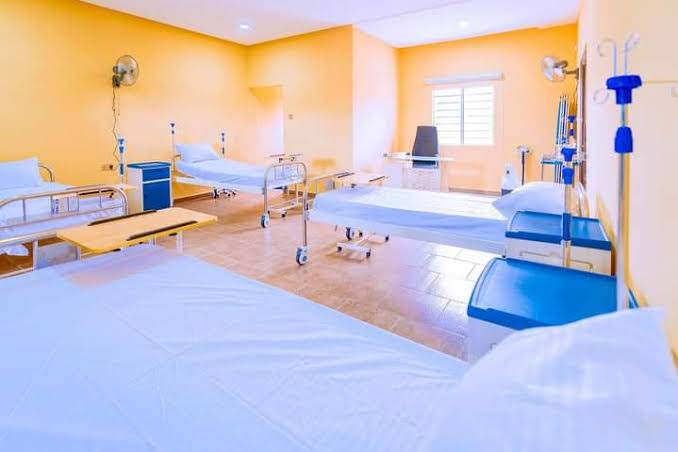HEALTH
Nigeria Correctional Health System Needs Urgent Reform – FG

The Federal Government of Nigeria has showed its commitment to reforming the country’s correctional health system, indicating the urgent need to address the spread of infectious diseases, overcrowding, and structural weaknesses in custodial centers.
This was stated at the United Nations Development Program (UNDP) High-Level Observatory on Public Health Custodial Services, which opened in Abuja on Wednesday.
The two-day meeting brings together stakeholders from the Federal Ministries of Justice, Health, and Interior, international development partners such as the Global Fund, and key civil society actors to chart a new course for prison health reform in Nigeria.
Mr. Lateef Fagbemi, SAN, the Attorney General of the Federation and Minister of Justice, represented by Mr Babandoko, the Director of Public Prosecution, underscored the interconnection between justice, health, and human dignity.
“The growing burden of HIV, TB, hepatitis, and mental health conditions within correctional facilities demands more than medical response. We must tackle systemic drivers such as congestion, resource gaps, and poor continuity of care,” he said.
He emphasized that ensuring the health of incarcerated populations is not just a matter of prison reform, but a public health necessity, noting that most inmates will eventually return to their communities.
Elsie Attafuah, Resident Representative of UNDP Nigeria, reaffirmed UNDP’s leadership in convening actors across sectors to tackle health governance gaps within correctional institutions.
She said the goal is to develop practical, rights-based recommendations that can be mainstreamed into national policies.
“Correctional facilities must transition from centers of exclusion to places where rehabilitation, healthcare, and dignity are prioritized,” she said.
Mr. Ibrahim Tajudeen, Executive Secretary of the Country Coordinating Mechanism Nigeria (CCMN), which coordinates health-related grants from the Global Fund, revealed that since 2002, Nigeria has received over $4.8 billion in funding, with more than $3.9 billion disbursed to tackle HIV, TB, malaria, and to strengthen health systems.
Tajudeen acknowledged that Nigeria’s record on health and human rights in custodial settings had historically been poor but said that recent assessments reflect significant improvements. “We’ve moved from a baseline of weak coordination to measurable progress.
He noted that the Global Fund’s support, in partnership with UNDP, has been instrumental in strengthening integrated approaches that place custodial settings within the national public health framework.
Oluwafisayo Fakayode, Human Rights and Law Adviser for UNAIDS Nigeria, called for all reforms to be grounded in international human rights standards. “Detention must never strip individuals of their rights to health and dignity,” she said.
Fakayode referenced global legal frameworks including the International Covenant on Civil and Political Rights (ICCPR) and the UN Standard Minimum Rules for the Treatment of Prisoners (Nelson Mandela Rules) as guiding principles.










